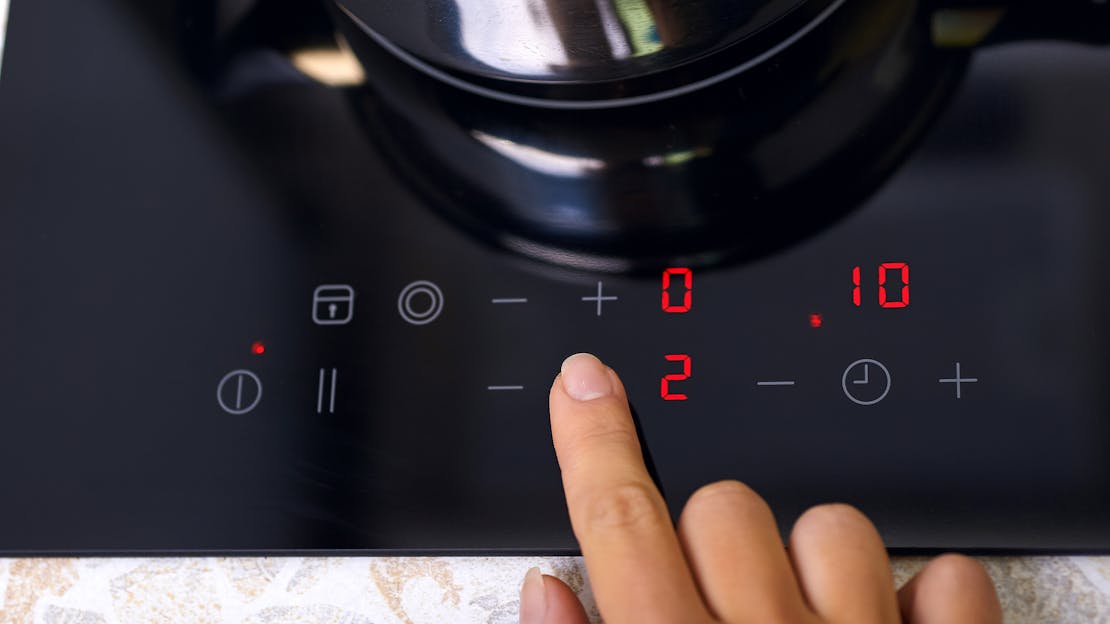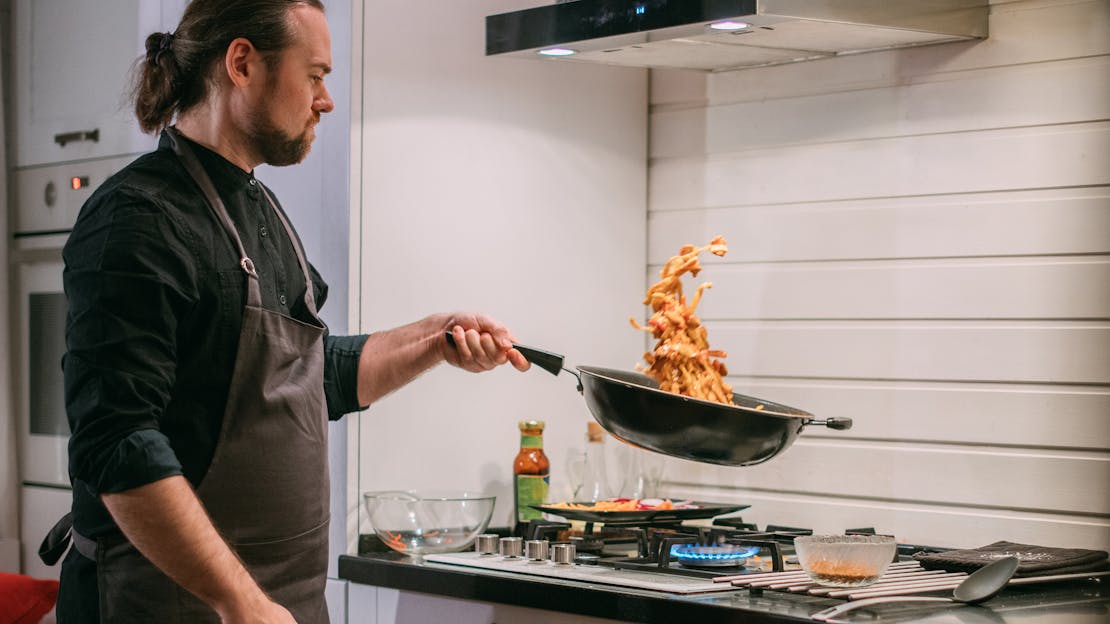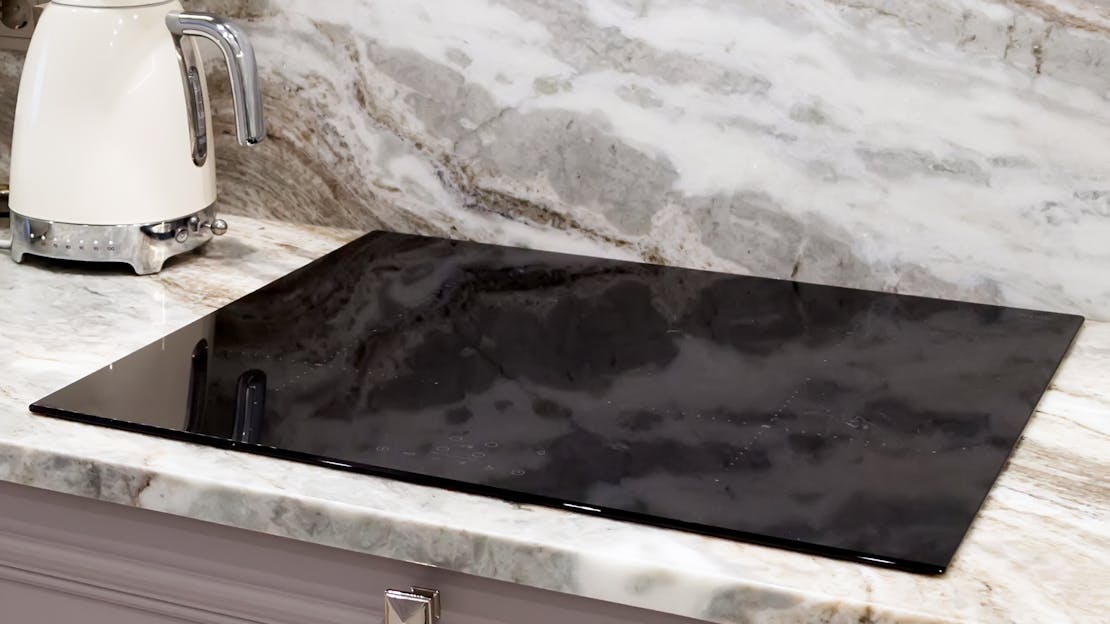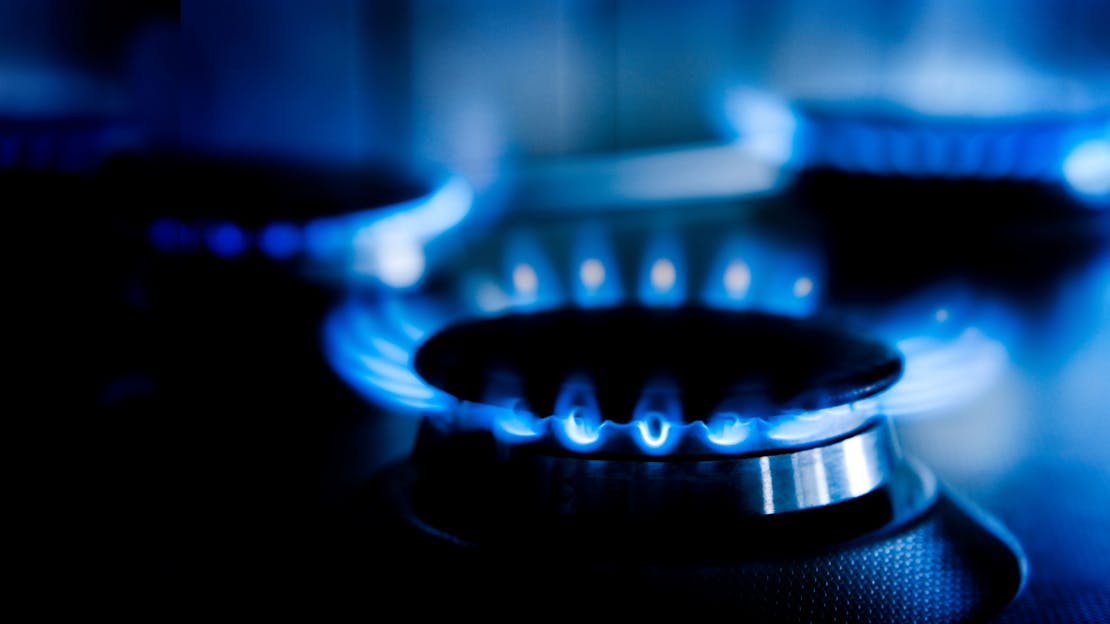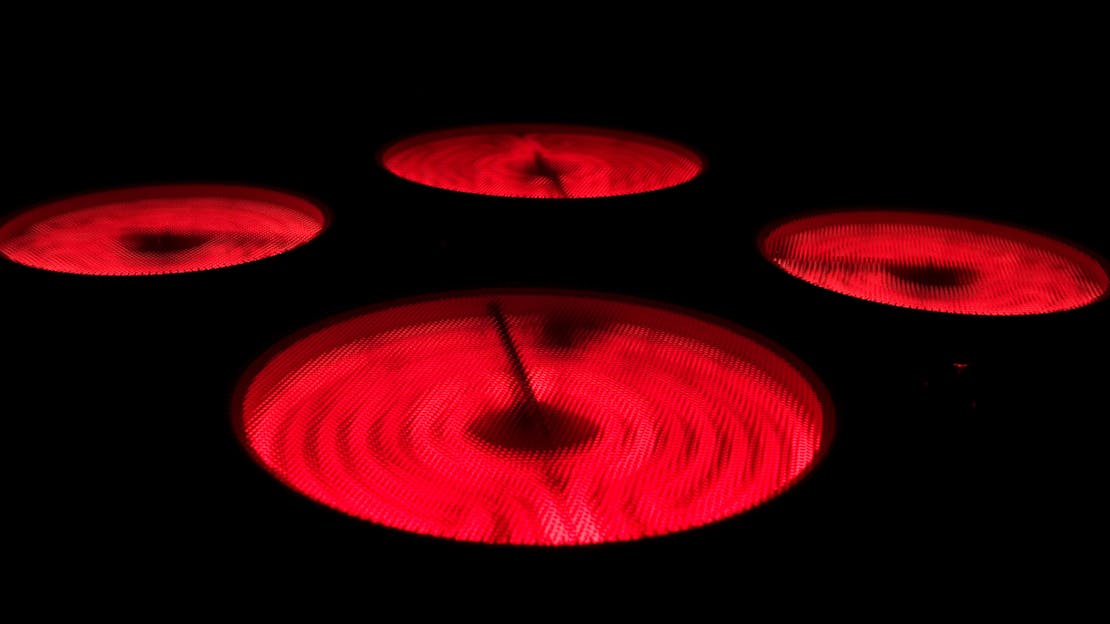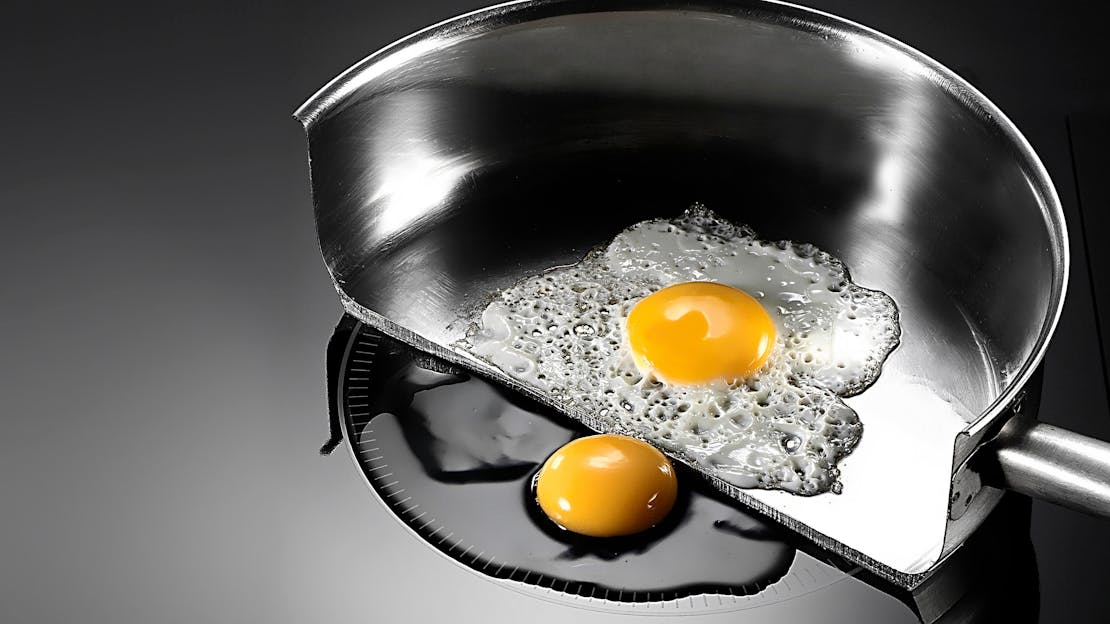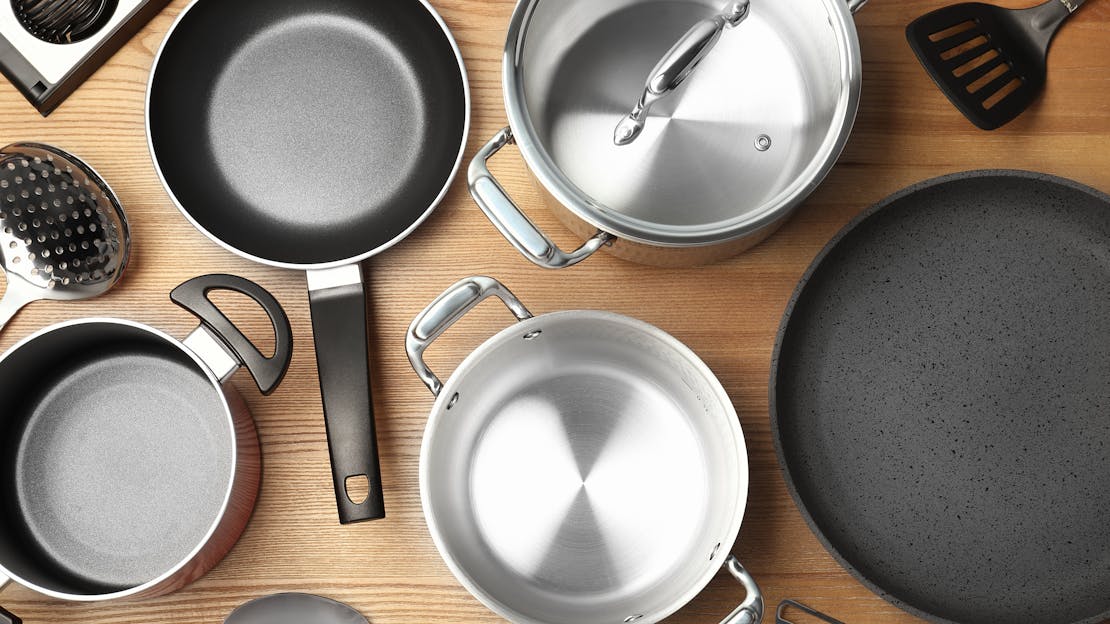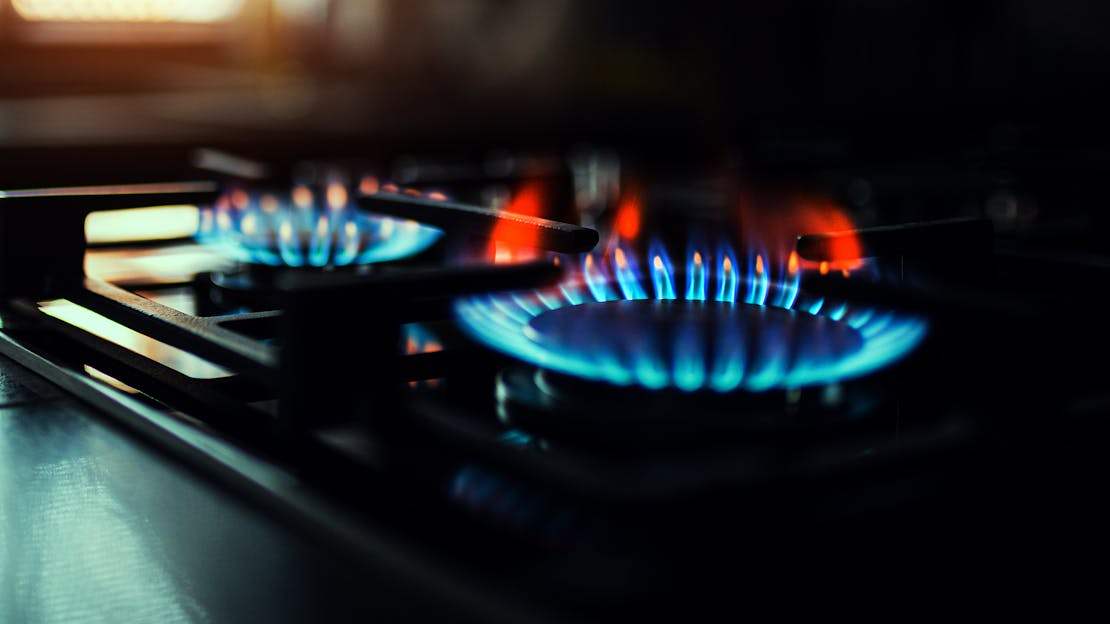
FAQ - Gas Hobs
Discover the world of Gas Hobs with our comprehensive FAQ. Gas hobs have been a traditional favourite for many home chefs due to their precise control and quick heating capabilities. In this FAQ, we'll delve into the advantages of gas hobs, safety considerations, and maintenance tips to keep your gas hob performing at its best. Whether you're a seasoned chef or just starting your culinary journey, we've got you covered with valuable insights on gas hob usage.
What are the regulations for fitting a gas hob?
Gas hob installations in the UK must adhere to the Gas Safety (Installation and Use) Regulations 1998. It's essential to hire a Gas Safe registered engineer to ensure compliance with these regulations. They will conduct a safe and professional installation, including proper ventilation and gas supply connections.
Are gas hobs being phased out?
As of the last update in September 2021, there were no immediate plans to phase out gas hobs in the UK. However, there is increasing emphasis on energy efficiency and reducing carbon emissions. It's advisable to stay updated with government policies and trends regarding energy sources for cooking.
Do I need a gas safety certificate for a new gas hob?
Yes, you should receive a Gas Safety Certificate from the Gas Safe registered engineer who installs your new gas hob. This certificate confirms that the installation is safe and complies with regulations. Keep it for your records and future reference.
Can I fit a new gas hob myself?
No, it is illegal and dangerous to install a gas hob yourself in the UK. Only Gas Safe registered engineers are authorized to install and work on gas appliances to ensure safety.
Are modern gas hobs more efficient?
Modern gas hobs often come with energy-efficient features like flame supervision devices and precise control settings, making them more efficient than older models. However, energy efficiency can vary between brands and models, so it's essential to check the product specifications.
Why do chefs prefer gas hobs?
Chefs prefer gas hobs for their instant heat control and responsiveness. Gas hobs allow for quick temperature adjustments, making them ideal for precise cooking techniques, such as sautéing and stir-frying.
Is a gas hob cheaper to run?
Gas hobs are generally considered more cost-effective to run than electric hobs. Gas is often cheaper than electricity per unit of energy, but the actual cost depends on your location and tariff. Gas hobs are also efficient in converting energy to heat.
How much space do you need around a gas hob?
For safety and proper ventilation, you should maintain a minimum clearance of 750mm above the hob and 65mm on each side. This space allows for safe cooking and prevents the risk of nearby items catching fire.
How far can a socket be from a gas hob in the UK?
Electrical sockets should be positioned at least 300mm horizontally from the edge of the gas hob to minimize the risk of electrical appliances interfering with the hob or coming into contact with hot cookware.
How high should an extractor be from a gas hob?
The extractor hood or fan should be installed at a height of approximately 750mm above the cooking surface of the gas hob. This height provides effective ventilation and helps to remove cooking odours, steam, and smoke efficiently.
Buying Guides - Helping you choose the right hob
Buying Guides - Helping you choose the right hob
With numerous options in fuel types, sizes, and settings, finding the perfect fit for your kitchen can be daunting. Our comprehensive guide simplifies the process, presenting you with a range of excellent choices to make your decision easier.
![The Ultimate Hob Buying Guide]()
Deciding which hob to buy can be challenging, given the range of options available. This guide aims to simplify the process by detailing the various aspects of induction, ceramic, and gas hobs.
![The Ultimate Guide to Induction Hobs]()
If you're considering upgrading your kitchen hob, you may find yourself mulling over the fascinating world of induction hobs. As one of the leading manufacturers of all types of hobs, we're here to help navigate you through this often bewildering terrain. Welcome to the Ultimate Induction Hob Buying Guide!
![The Ultimate Guide to Gas Hobs]()
If you're considering purchasing a gas hob for your kitchen, this guide will provide you with all the essential information you need to make an informed decision. Throughout this guide, we'll explore the advantages, safety considerations, installation process, cleaning tips, and cost considerations associated with gas hobs.
![The Ultimate Guide to Ceramic Hobs]()
Ceramic hobs have revolutionised cooking, offering a sleek and modern aesthetic combined with practical and efficient functionality. So what exactly is a ceramic hob?
![Gas Hob Buying Guide]()
Offering a traditional way to cook food on a hob, our gas hobs here at MyAppliances are simple to use and will instantly update your kitchen.
![Ceramic Hob Buying Guide]()
Extremely easy to use, our ceramic hobs are a dream to clean, too. With handy touch control features, these appliances offer value for money and a fuss-free way to cook.
![Induction Hob Buying Guide]()
Economical and well-designed, our induction hobs here at MyAppliances come in a range of sizes and are easy to install, too.
![The Ultimate Guide to Which Pans Suit Which Hob Types]()
This guide navigates through a spectrum of hob types — from the venerable gas hob to the cutting-edge induction cooker — each demanding a specific pan companionship.


